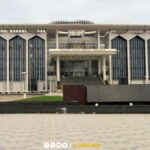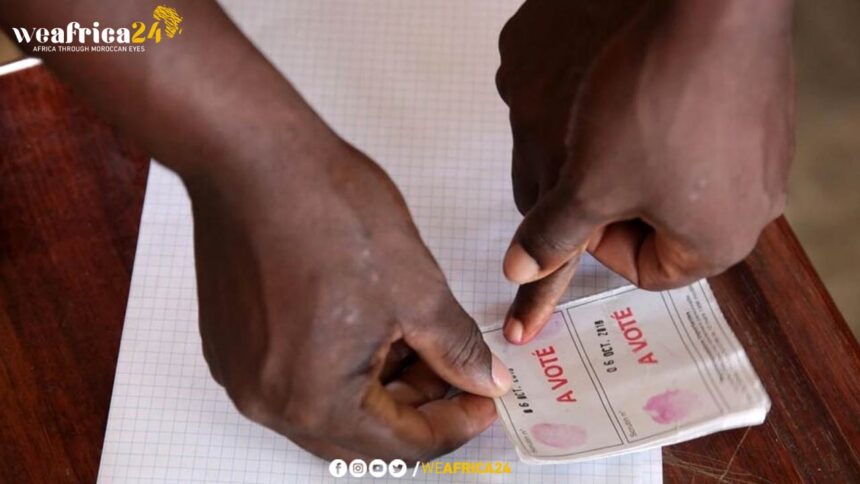The Ministry of the Interior is now poised to take over the organization of elections. However, on Wednesday, Minister Hermann Immongault’s presentation of a draft bill to the deputies was abruptly canceled following heated debates and widespread controversy surrounding the proposed legislation.
Deputies criticized the minister for not adhering to procedural protocols. Immongault was present at the assembly, awaiting his hearing. Meanwhile, parliamentarians convened to scrutinize potential legal impediments.
The first issue raised was the failure to submit the text 48 hours in advance, as required by regulations. Many deputies had not even seen the document. “We cannot ask questions without having read it,” one parliamentarian remarked, adding that while deputies often show procedural leniency, “this text is so significant that we couldn’t let this slide.”
Additionally, some deputies pointed out that the transition calendar did not anticipate discussions on electoral law until January, a month after the referendum on the new constitution. “This is the fundamental text that defines the conditions for organizing elections, who can run, the type of election, the political regime, etc. All of this takes precedence over the electoral law. It’s elementary logic,” stated Deputy Jean Valentin Leyama.
The draft law itself has sparked considerable distrust. It proposes to amend more than thirty articles of the 1996 electoral law. The Ministry of the Interior would replace the Gabonese Election Center and assume most of its powers. It would decide on combined or general elections, set their dates and those of the campaigns, oversee, transport, and control electoral materials, examine and validate candidacies, and determine the modalities for transmitting results and transporting reports.
“This text buries all democratic gains,” protested Jean Valentin Leyama. According to the deputy, candidates would not be represented, nor would they receive copies of the official reports. “It’s a return to a one-party system,” he declared.
The proposed bill also includes the creation of local, provincial, departmental, and district electoral commissions. The ministry would appoint members who are institutional actors and representatives of technical ministries, chosen for their “probity, neutrality, and impartiality,” according to the text. “This is a very fragile situation. These appointments are discretionary. In the past, many of these agents were easily bribed,” noted Jean Valentin Leyama.
Another deputy argued that the bill poses a threat to democracy, predicting rigged elections. In recent days, deputies from sometimes opposing camps have been consulting with each other, and discontent with the bill is growing. Monday’s hearing promises to be contentious.
Assembly President Jean-François Ndongou attempted to calm the situation, but a revolt ensued, with some deputies even leaving the room. The hearing was ultimately postponed to Monday. “The atmosphere promises to be tense,” warned Jean Valentin Leyama.







